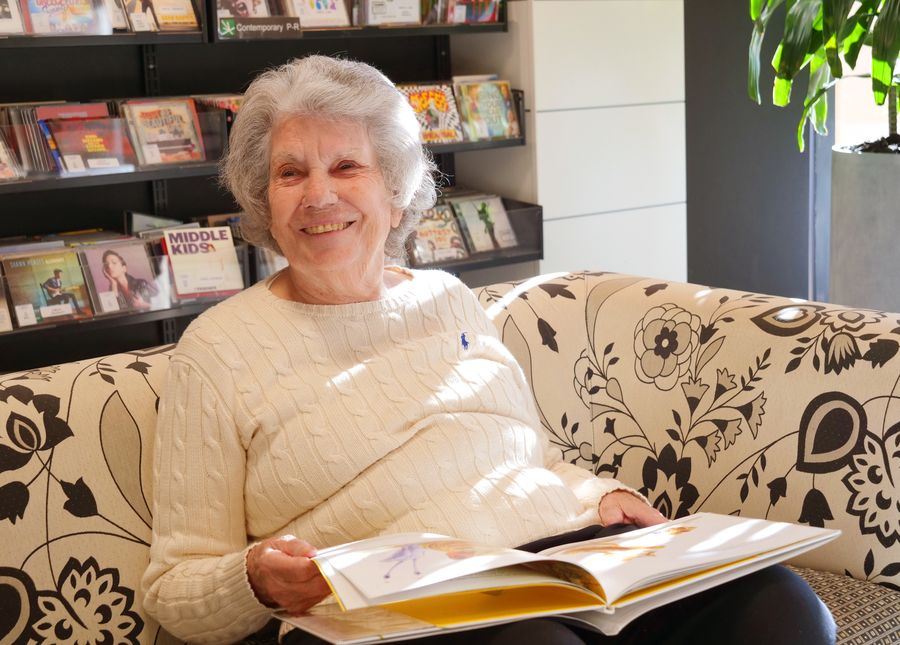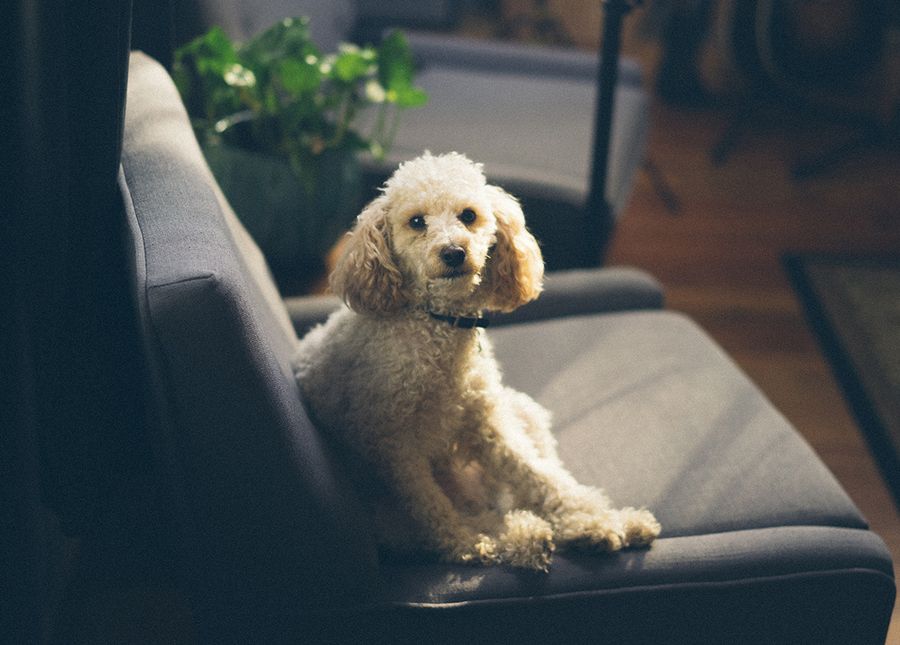IMPORTANT: If you’re here because there is an emergency, stop and call triple zero (000).
They will be able to assist you in the emergency and how to provide first aid.
It pays to be prepared, especially if you’re a carer. You are responsible for the people you look after, who will be relying on you to keep them safe. Ideally you’ll already know what to do should an incident occur while you’re caring for someone, however have you considered external situations, such as bushfires? Do you have a back-up plan in case you get sick, or get into an accident?
Professional carers provided by Home Based providers are fully trained and updated regularly but if you are caring for a family member or friend in their home, you may not have really thought about what to do in an emergency (you've probably been too busy!) But, it is really important to make time to plan so here are some tips for how you can remain in control when the unexpected happens.
Keep your knowledge of First Aid up to date
You’ve hopefully already had some form of emergency training. If you haven’t completed a first aid course, it’s important to do so. If you can’t recall when you did, it’s worth brushing up on your knowledge, especially since techniques get updated over the years (such as the Heimlich Manouevre, which isn’t recommended anymore). By using a registered training organisation, you will be able to learn tips and tricks such as how to perform CPR or assist with choking if someone is in a wheel chair.
Become fire ready
Depending on where you are located, bushfires may be a real threat during the hotter months. The Country Fire Authority have an information kit specifically designed for care providers, which can be downloaded from the CFA website. It lists the places where you can hear weather warnings, such as the Victorian Bushfire Information Line, and contains lots of helpful information on how to assist people in your care prepare to leave the home if needed.
Have your own ‘understudy’- emergency carers
Just like stage actors have understudies, in case they’re unable to perform, you should have an emergency back-up person who can care for your loved one when you can’t.
Emergency respite care, both Home Based and Out of Home Respite are great options in an emergency. Signing up with a Home Care provider for regular help around the house is also a good option to not only give yourself a break but it will familiarise your loved one with another carer should the need arise to up the care hours in the event you are sick. These agencies have qualified carers on call 24/7. Otherwise is there a friend, family member or neighbour who can temporarily step in if need be?
Formalise your emergency care plan
Regardless of the options available to you, having a formal plan in place will make the process run smoother. Take the time to write out an emergency care plan—prioritise this, as if you wait until you actually need it, you’re likely to be frazzled and rushed.
What to include on the emergency care plan
The plan can take the form of a simple list, and should include:
• The name of the person you care for
• Their medical conditions
• What medicines they take, how often they need them and where they are stored
• What the person eats and drinks, and at what times
• What regular appointments or support services they attend
• Any other information you need to convey to the carer
Note down all emergency phone numbers, including those of any family or friends.
Once done make several copies of the plan, leaving a copy at your home/ the person’s home and give it to your emergency contacts as well.
Order an emergency care kit and carer emergency card
The government has put together an emergency care kit and carer emergency card, which you can order for free from the Carer Gateway website. The card is handy to keep in your wallet, while the care kit will help you check that you’ve done all you can to prepare for an emergency.
Support at home, where it matters most
Explore our home care information to understand how it works, and search for providers who can bring quality care right to your doorstep.
Let’s help you find the right support—because home is where care begins.




